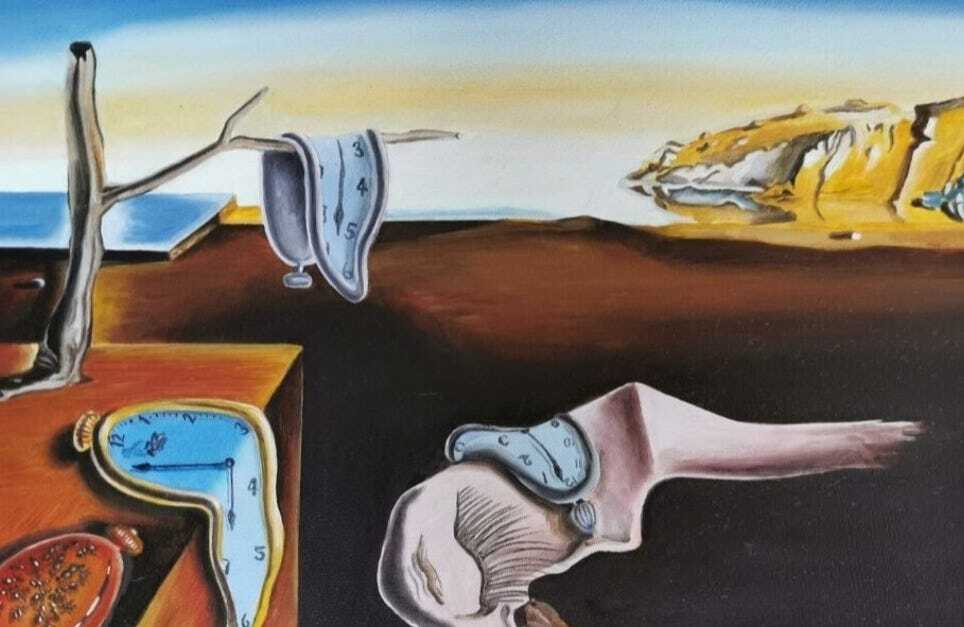Be The Mentor Who Mattered with Colleen Stanley
In this episode of The Art and Science of Complex Sales, Paul Fuller welcomes Colleen Stanley, sales leadership expert and author, to discuss her latest book Be the Mentor Who Mattered. Colleen shares why mentorship has never been more relevant and how small, intentional moments can create lifelong impact.
Together, they explore the modern challenges to building community in the workplace, the power of mentor intelligence, and how leaders can shift from being task-driven to truly people-focused. With personal stories and practical takeaways, this conversation serves as both a call to action and a guide for becoming the kind of mentor that changes lives.
Structure: The Missing Ingredient in How We Support Sales Coaching
We know that sales coaching is important. Leadership often calls it the “critical multiplier” and complains when sales managers aren’t doing enough of it. Companies hire outside coaches to help build our teams up. I’ve done all of these things myself. But where is the structure we need to ensure sales managers know how to do it, when to do it, with whom and why, and are equipped to do it effectively?
From Process to Playbook with Mark Grundy
In this episode of The Art and Science of Complex Sales, Paul Fuller sits down with Mark Grundy, Fractional Sales Management of MFG Solutions. Mark brings 40 years of sales experience to the table, including 13 years specializing in fractional sales leadership.
Their conversation dives into the importance of aligning sales processes with buyer behavior, building agile playbooks, and bridging the gap between frontline sales teams and leadership. Mark also shares insights into how AI and shifting trade dynamics are impacting B2B sales, especially across the US-Canada border.
Urgency Alignment
Recently, I was having a conversation with a group of sellers about ICPs and qualification. During the conversation, we were trying to refine their targeting and qualification. They were relatively sophisticated, but something wasn’t quite working as effectively as they hoped.
The Three Incorrects with Steve Reid
In this episode of The Art and Science of Complex Sales, Paul Fuller is joined by Steve Reid, CEO and founder of Venatas. With over three decades of experience in marketing, sales, and revenue leadership, Steve brings deep experience in helping venture-backed and scaling companies build buyer-led, high-performing sales organizations.
Together, they explore why so many go-to-market teams underperform and what it really takes to fix it.
From Manufacturing to Medical: A B2B Growth Platform That Speaks Your Language
We often talk about complex sales as if there were one singular approach to helping buyers make high-stakes purchasing decisions. But in reality, we know that’s not true.
External Exposure
Podcasts
- Tony Morris interviews George Brontén on the podcast "Confessions of a serial seller"
- Deadly Assumptions that are Killing your B2B Sales - Outside Sales Talk with George Brontén
- SaaS-Story in the Making: Designing a Buyer-focused Sales Process - with George Brontén
- Tibor Shanto, Sales Scrum, interviews George Brontén
- Andy Paul, Sales Enablement: Stop Killing Deals, with George Brontén
- Jonathan Farrington interviews George Brontén about Stop Killing Deals [the book]
- Sales Futurists: The Future of Professional Selling - What Will the New "Normal" Be Like?
- Sales Pipeline Radio: You’re Killing Sales Deals Without Knowing It: George Will Help You Fix It
- Penta Marketing Interviews George Bronten in the Podcast Emerging Stronger™
- Integrity Solutions: Unmasking and defeating deadly assumptions that plague sales organizations
Videos & interviews
- The Top 5 Ways You are Killing Your Sales - Brutal Truth Sales Podcast
- Phil Gerbyshak interviews George Brontén about the Stop Killing Deals book release
- Membrain's Founding Story
- Sales Tools - the Good, the Bad, and the Ugly
- Here's what to consider when adding or switching your CRM
- Productivity, efficiency, effectiveness – what’s what and where to focus?
- How to Build a Sales Process That Drives Successful Behaviors
- Can Checklists Stop Deals from Dying and Help Consistently Achieve Quota?
Guest Posts
- G2Crowd: "How to Get the Most out of Your Sales Technology Investment"
- Saleslounge: Varför dina stjärnsäljare blir dåliga säljchefer
- Saleslounge: Vad är komplex försäljning?
- Vainu: Så blir du en mästare på komplex B2B-försäljning
- CSO Insights: Sales Process Interview, Part 2
- CSO Insights: Sales Process Interview, Part 1
- Richardson: 3 Pitfalls that Still Make Sales Teams Waste Time and Lower Sales Effectiveness
- Smart Selling Tools: How to Stop Fighting the Monster of Sales Technology Complexity









